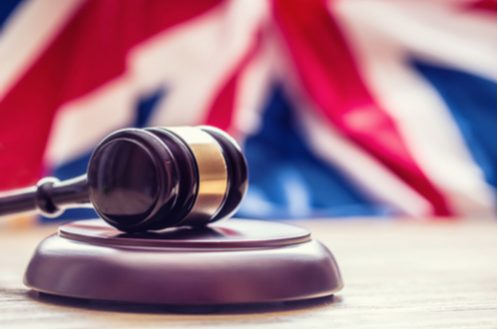
Energy prices across the UK have remained stubbornly high following the 2022 invasion of Ukraine, despite early promises of stabilization. The crisis has sparked widespread frustration, with consumers and experts alike criticizing the lack of competition in the energy market. According to Yahoo, the energy price cap, designed to protect consumers, has done little to prevent bills from doubling for many households. In response, finance expert Martin Lewis has labeled the energy market “broken” and is urging for “anything possible” to increase competition and drive down prices.
One of the key issues fueling the debate is Ofgem’s current ban on “acquisition-only tariffs,” which prevents energy companies from offering better deals to new customers than to existing ones. Per Yahoo, Ofgem is now considering lifting this ban in an effort to boost competition and deliver more affordable energy options to consumers. Martin Lewis, founder of Money Saving Expert, has backed this potential policy shift, arguing that these are far from “normal times.”
In a recent statement, Lewis remarked, “In normal times, I wouldn’t call for firms to be allowed to offer new customers cheaper prices than existing, yet these aren’t normal times.” The removal of the ban on acquisition-only tariffs, he suggests, could incentivize suppliers to lower prices overall by forcing them to compete more aggressively for new customers.
Richard Neudegg, director of regulation at Uswitch.com, echoed Lewis’s sentiments. According to Yahoo, Neudegg described the potential lifting of the ban as “good news for households seeking cheaper energy bills.” He further explained that the current regulations have dissuaded suppliers from offering competitive deals, leading to stagnation in the market. With the price cap adjusting every three months, Neudegg emphasized the need for fixed-rate options that offer consumers more predictability in their energy costs.
“Removing the ban will incentivize providers to work harder to compete for customers on price, service, and choice,” Neudegg continued, highlighting the importance of fostering competition to drive down prices.
Martin Lewis also pointed out the irony in the current situation, stating, “The UK retail energy system was built on the premise that firms would fight each other for customers and compete on price – yet that’s hardly happening.” According to Yahoo, he criticized energy companies for becoming complacent, with many choosing to profit from existing customers rather than offering substantial savings to those who switch providers. The energy price cap, originally intended as a safeguard, has become the de facto price, undermining its role as a competitive tool.
As Ofgem prepares to make a final decision on the ban in July, the debate over the best way to increase competition in the UK energy market continues to intensify.
Source: Yahoo
Featured News
Big Tech Braces for Potential Changes Under a Second Trump Presidency
Nov 6, 2024 by
CPI
Trump’s Potential Shift in US Antitrust Policy Raises Questions for Big Tech and Mergers
Nov 6, 2024 by
CPI
EU Set to Fine Apple in First Major Enforcement of Digital Markets Act
Nov 5, 2024 by
CPI
Six Indicted in Federal Bid-Rigging Schemes Involving Government IT Contracts
Nov 5, 2024 by
CPI
Ireland Secures First €3 Billion Apple Tax Payment, Boosting Exchequer Funds
Nov 5, 2024 by
CPI
Antitrust Mix by CPI
Antitrust Chronicle® – Remedies Revisited
Oct 30, 2024 by
CPI
Fixing the Fix: Updating Policy on Merger Remedies
Oct 30, 2024 by
CPI
Methodology Matters: The 2017 FTC Remedies Study
Oct 30, 2024 by
CPI
U.S. v. AT&T: Five Lessons for Vertical Merger Enforcement
Oct 30, 2024 by
CPI
The Search for Antitrust Remedies in Tech Leads Beyond Antitrust
Oct 30, 2024 by
CPI